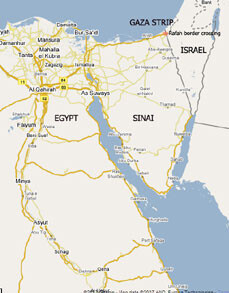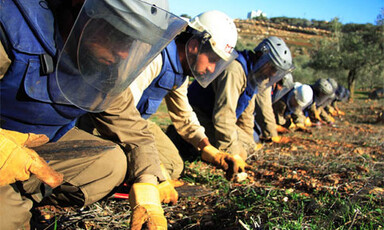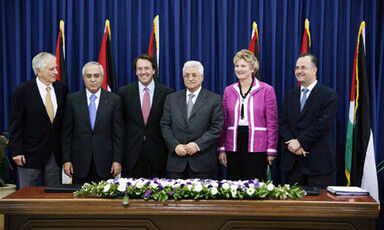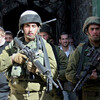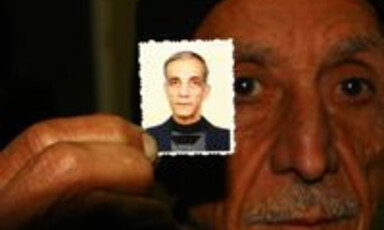
US stymies Security Council action on Gaza
23 January 2008
UNITED NATIONS, 23 January (IPS) - Despite intensifying calls for international pressure to address the fast deteriorating situation in the Gaza Strip, observers and some diplomats say the UN Security Council has proved as ineffective as it has been for many years concerning issues related to the Israeli-Palestinian conflict. On Tuesday, the Council called an emergency meeting during which a vast majority of delegates strongly condemned Israel’s blockade of the occupied Palestinian areas and charged that it was violating international humanitarian law. Read more about US stymies Security Council action on Gaza


